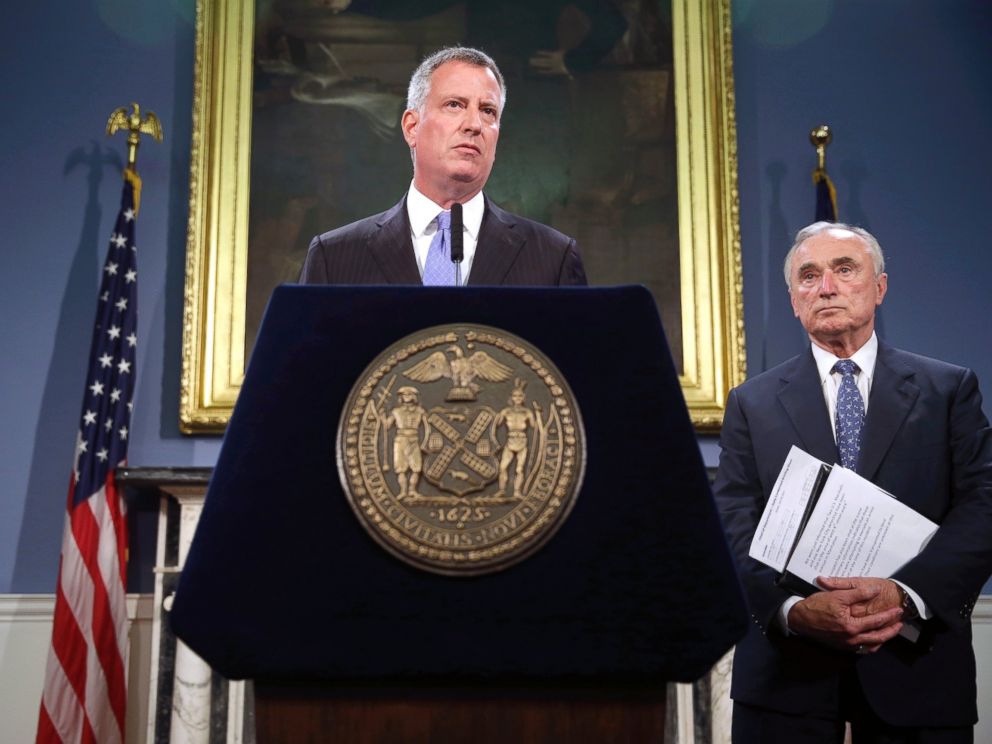WASHINGTON
— President Obama on Wednesday ordered the restoration of full diplomatic
relations with Cuba and the opening of an embassy
in Havana for the first time in more than a half-century as he vowed to “cut
loose the shackles of the past” and sweep aside one of the last vestiges of the
Cold War.
The
surprise announcement came at the end of 18 months of secret talks that
produced a prisoner swap negotiated with the help of Pope Francis and concluded
by a telephone call between Mr. Obama and President Raúl Castro. The historic
deal broke an enduring stalemate between two countries divided by just 90 miles
of water but oceans of mistrust and hostility dating from the days of Theodore
Roosevelt’s charge up San Juan Hill and
the nuclear brinkmanship of the Cuban missile crisis
“We
will end an outdated approach that for decades has failed to advance our
interests, and instead we will begin to normalize relations between our two
countries,” Mr. Obama said in a nationally televised statement from the White
House. The deal, he added, will “begin a new chapter among the nations of the
Americas” and move beyond a “rigid policy that is rooted in events that took
place before most of us were born.”








